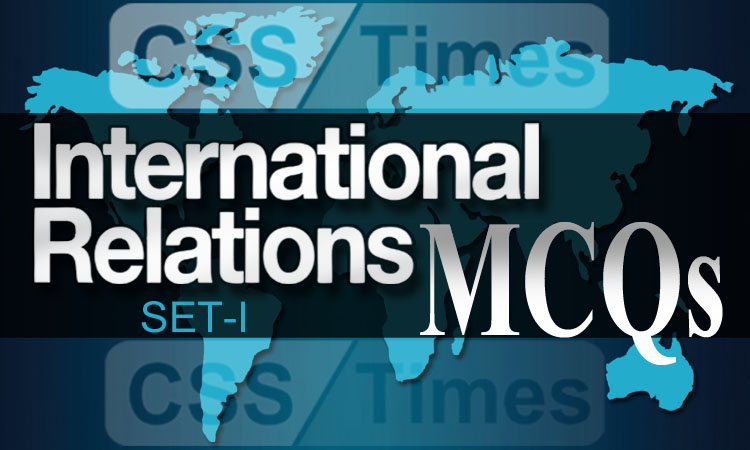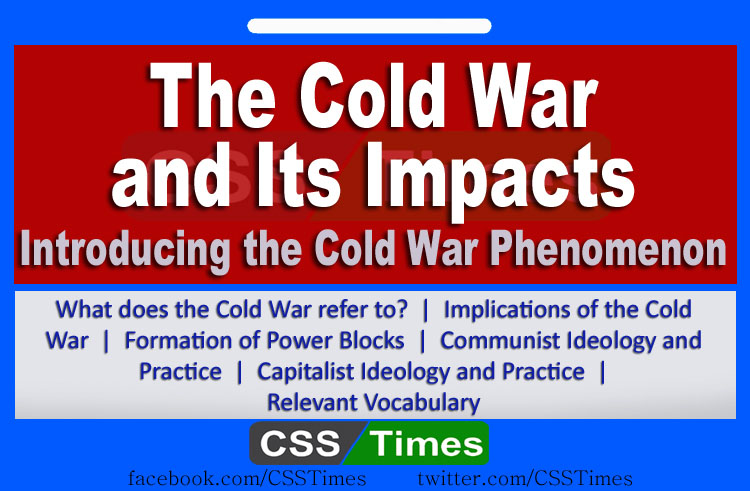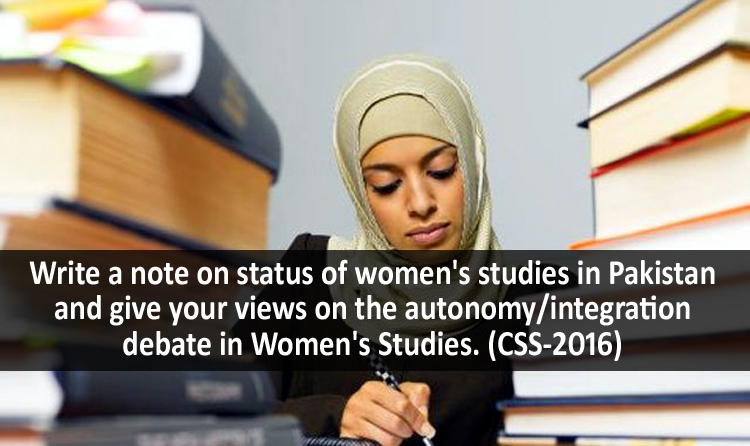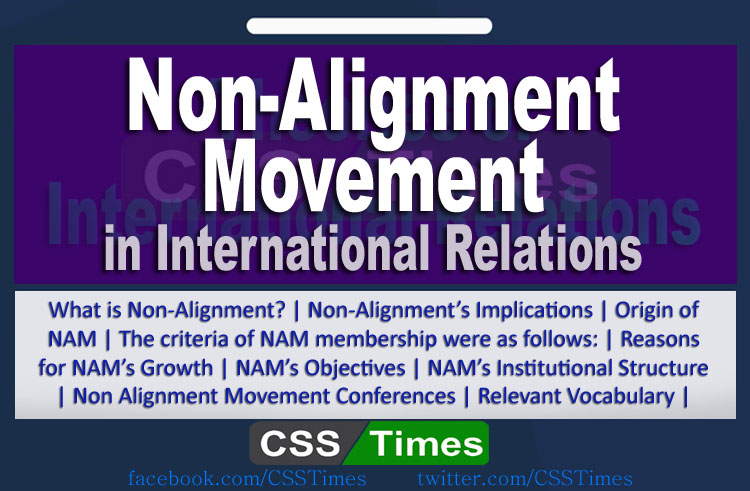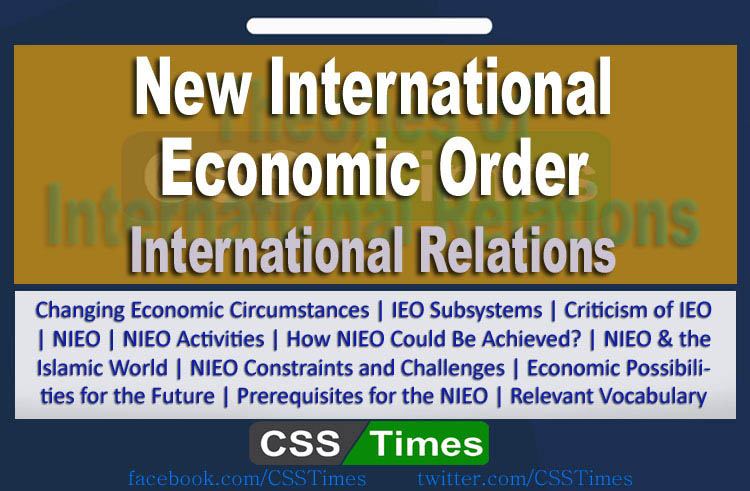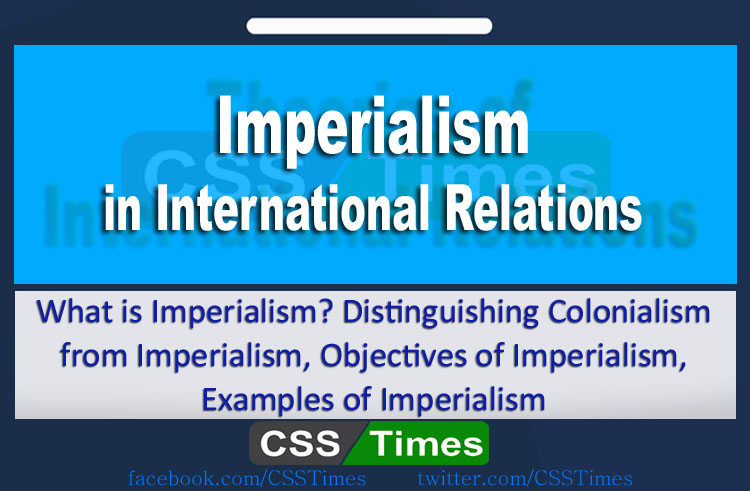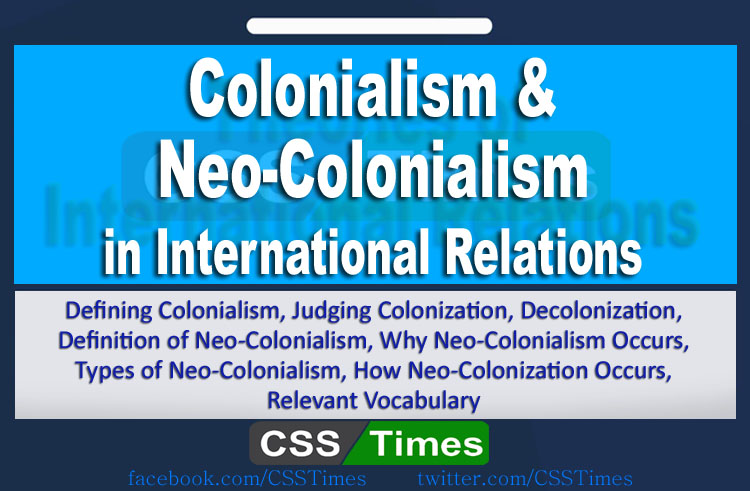International Relations MCQs with Explanation (Set-I) for CSS Exams
1) International relations is a __
(a) Pluralistic
(b) Antagonistic
(c) Esoteric
(d) Stoic
(e) None of the above
Answer: (a)
Explanation: “Pluralists argue that international activity is not just a matter of the behaviour of states but of other actors too. Further, but logically separate, they argue that states are not quite as security and power conscious as the realists make out. For example, economic issues are issues in their own right”
Michael Nicholson ‚”Theories of International Relations.‛ International Relations: A Concise Introduction “(p. 99)
2) Important Subject of International Relations is…………………….
(a) Protection of Human rights
(b) Study of sovereignty
(c) Study of world Govt.
(d) International Co operation
Answer: (d)
3) International society is regulated by:
(a) A benign form of cosmopolitan democracy
(b) Imperial expansion
(c) Diplomacy, law, and the balance of power
(d) None of these
Answer: (c)
4) About which of the following thinkers it has been said that his theory of the State is “an incongruous mixture of natural rights and physiological metaphor”?
(a) Bradley
(b) Spencer
(c) Johann Caspar Bluntschli
(d) Burke
Answer. (b)
Check Also: CSS International Relations MCQs
5) In international Relations, a global system containing two dominant powers is labeled with which of the terms?
(a) Bipolar
(b) Nationalist
(c) Isolationist
(d) None of these
Answer: (a)
Explanation: Bipolarity can be defined as a system of world order in which the majority of global economic, military and cultural influence is held between two states. The classic case of a bipolar world is that of the Cold War between the United States and the Soviet Union, which dominated the second half of the twentieth century.
